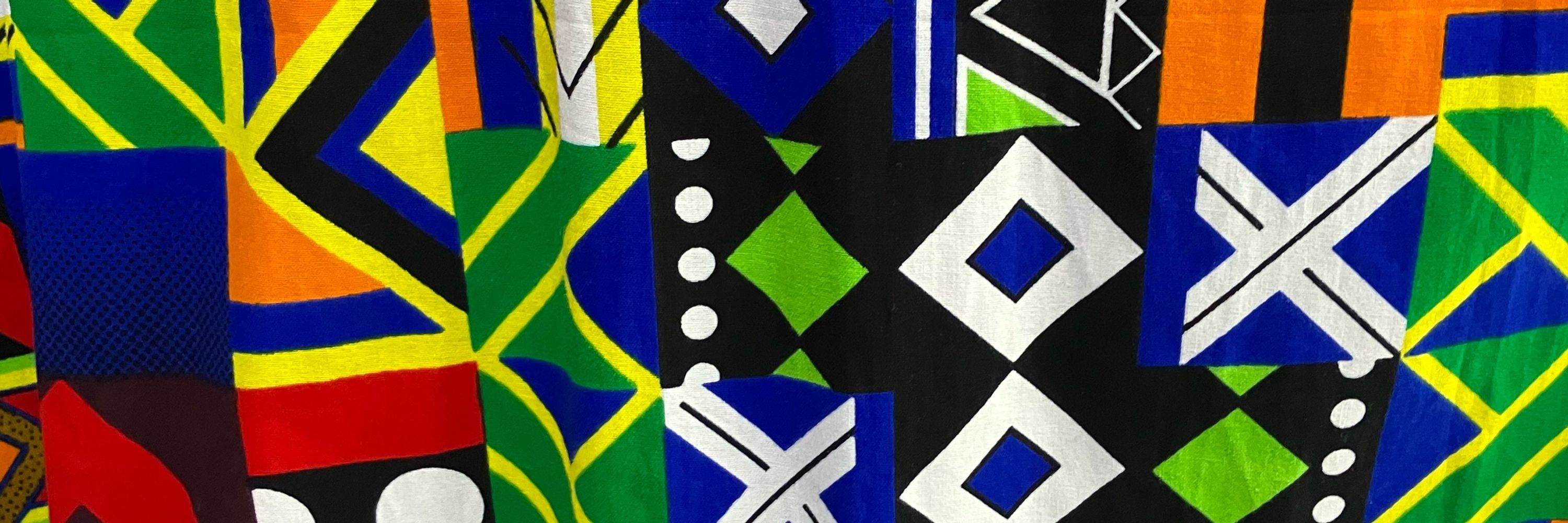
For Dutch, we say ‘Joost mag het weten’ (Joost may know it), where Makhuwa says ‘Nluku tantsuwela’ (God is the one who knows).
What do you say?

For Dutch, we say ‘Joost mag het weten’ (Joost may know it), where Makhuwa says ‘Nluku tantsuwela’ (God is the one who knows).
What do you say?

The Nigerian language Maaka has at least 11 ways to indicate the knowledge of the speaker and hearer! One of these is the suffix -mú, and it indicates that the speaker is a witness and has certainty, according to Storch & Coly (2014):

The Nigerian language Maaka has at least 11 ways to indicate the knowledge of the speaker and hearer! One of these is the suffix -mú, and it indicates that the speaker is a witness and has certainty, according to Storch & Coly (2014):




Thank you to the three editors and my co-authors, and now it’s there for all of you (and your students) to read up about comparative syntax 🤓 📖


Thank you to the three editors and my co-authors, and now it’s there for all of you (and your students) to read up about comparative syntax 🤓 📖
@lucl-leiden.bsky.social

@lucl-leiden.bsky.social




How come?
(Ethnologue map shows both languages in Kenya)

How come?
(Ethnologue map shows both languages in Kenya)











Kipsigis distinguishes two verbs ‘to think’. One (pwaat) says ‘you think this and it may or may not be true’ and the other (par) says ‘you think this, but I know it’s not true!’

Kipsigis distinguishes two verbs ‘to think’. One (pwaat) says ‘you think this and it may or may not be true’ and the other (par) says ‘you think this, but I know it’s not true!’


